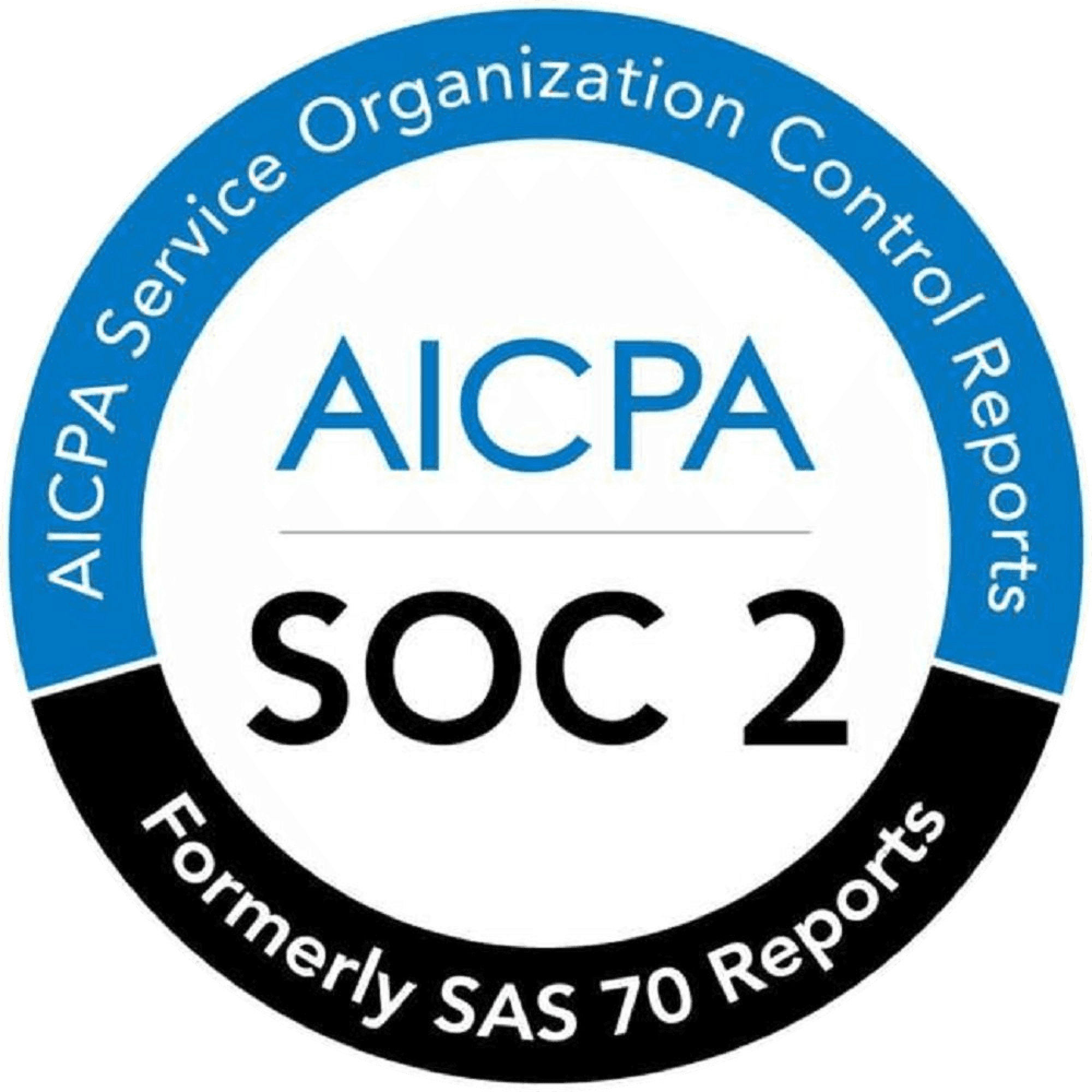AI Code Review
Nov 8, 2025
With AI Code Health Solution See If Your Code is Maintainable

Sonali Sood
Founding GTM, CodeAnt AI
Poor code quality slows teams down, inflates costs, and derails delivery timelines. Understanding when it’s safe to ship new features versus when to invest in improving the existing system is essential. Code Health solution help you maintain balance and keep your software future-proof:
Turns code quality from opinion-based to evidence-driven.
The only code-level metric in the industry with proven correlation to development speed and software quality.
It surfaces the highest-impact areas for refactoring and technical debt reduction.
Highlights both immediate risks and long-term codebase trends across key KPIs.
Fully transparent, every issue is surfaced through AI Code Review.
Actionable insights, includes automated refactoring guidance and prevents future decline via IDE extensions and PR quality gates.
Why Code Health Creates Competitive Advantage
Findings show that healthy codebases ship faster and with far less rework. That makes Code Health a powerful complement to delivery frameworks like DORA, enabling teams to accelerate velocity and sustain long-term software quality.

Measuring Code Health changes the game. It has never been this easy-peasy to understand the true state of a large, complex codebase.
Code Health is a powerful leading indicator of engineering efficiency and software stability.

The core idea behind Code Health is simple: quantify how safe, stable, and easy-to-evolve your codebase really is.
Each file in a codebase is assessed and categorized into three buckets:
Green: clean, simple, and easy to modify
Yellow: growing complexity and rising maintenance risk
Red: severe long-term cost and stability issues
This gives engineering teams a clear, objective way to spot code risk before it turns into delivery drag or defects.
CodeAnt AI extends the concept with AI-driven fix suggestions, CI quality gates, and developer-specific learning, shifting from detecting risk to reducing it automatically.
Check out these interesting reads:
How Code Health Unlocks Real Developer Productivity
Developer Productivity: Key Metrics, Frameworks & Measurement Guide
Code Review Best Practices in 2026
What Drives Code Health Down?
Some example patterns that signal poor maintainability:
Module-level issues
Low Cohesion: Modules taking on too many responsibilities (measured via LCOM4).
Brain/God Class: Large classes with excessive logic and tightly-coupled responsibilities.
Developer Congestion: Multiple engineers frequently modifying the same file.
Abandoned Complexity: Risky hotspots maintained by contributors who have left.
Excessive Lines of Code: Large files reduce clarity and increase defect probability.
Function-level issues
Brain/God Method: Overly complex core function controlling too much behavior.
Duplicated Logic (DRY violations): Similar logic duplicated instead of abstracted.
High Cyclomatic Complexity: Excessive branching and nested logic.
Primitive Obsession: Overuse of raw primitives instead of domain objects.
Oversized Functions: Long methods that are hard to reason about.
Implementation smells
Deep Nesting: Multiple nested loops/conditionals increasing cognitive load.
Bumpy Road: Functions with scattered logic instead of cohesive responsibilities.
Complex Conditionals: AND/OR-heavy conditions that obscure business intent.
Assertion Bloat (in tests): Repetitive or oversized assertion blocks.
These patterns are proven predictors of defects, velocity loss, and long-term maintenance debt.
Why one metric isn't enough
No single KPI can represent software health fully. A healthy codebase isn't just “average quality,” because averages can hide toxic pockets of complexity.
Questions leaders need to answer include:
Are legacy modules quietly accumulating risk?
Are there hidden “red zone” files despite good averages elsewhere?
This is why Code Health solutions track multiple dimensions, giving you a richer profile instead of a vanity score.
Where CodeAnt AI advances this idea
There are no such Code Health tools to classify and alert. But, CodeAnt AI goes further to improve awareness.
Alongside code scoring, CodeAnt AI provides:
AI suggestions inside PRs and IDE
Architecture & security health signals
Quality gates tuned to your repos & patterns
Team-level learning, the platform improves as your team reviews suggestions
Automated refactoring templates and memory-based best practice enforcement
So instead of just identifying risk, CodeAnt.ai helps teams improve code health continuously, without slowing delivery.
Put simply: Our “Code Health Solution” tells you where you're weak. In regards to that CodeAnt.ai helps you get stronger, fast.
Conclusion: Turn Code Health Into a Competitive Edge
Modern engineering velocity isn’t about pushing more code, it’s about pushing healthier code that scales, survives change, and accelerates delivery. With an AI-powered Code Health solution, teams finally get a unified system that measures maintainability, predicts risk, and guides developers toward better patterns automatically. Instead of firefighting quality debt later, you build a compounding advantage now, faster PRs, fewer production issues, stronger architectural discipline, and happier developers shipping confidently.
If you want to transform your codebase into an asset, and replace subjective review debates with data-driven development, it’s the right time to switch to AI-driven Code Health. Explore our AI Code Health Solution today!!!














